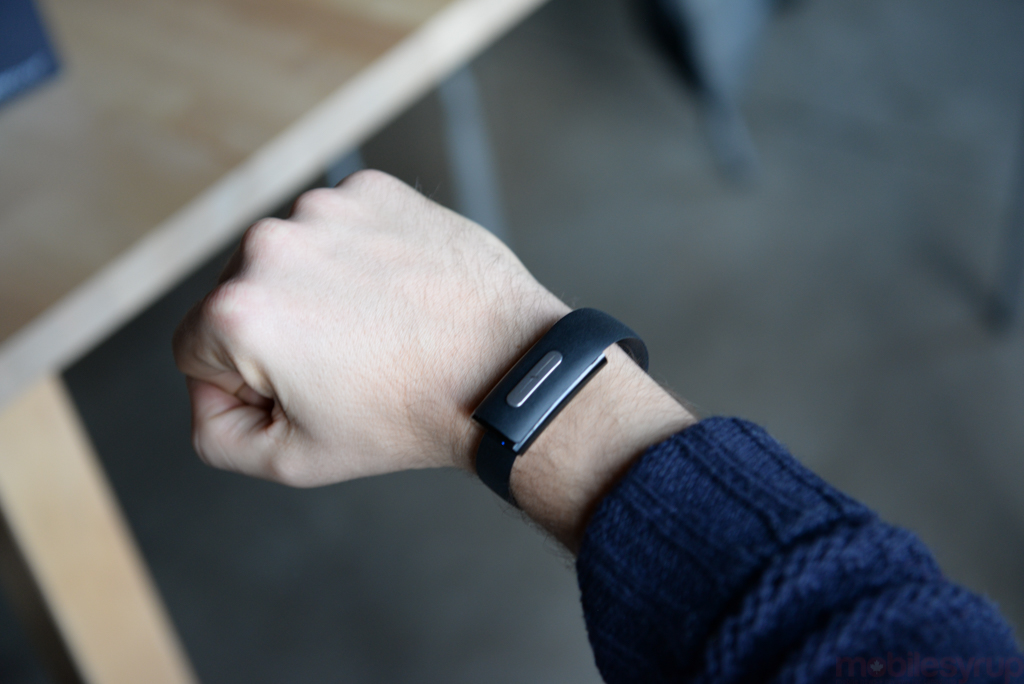
This week, MasterCard introduced a new program that will turn customer products — ranging from industries like automotive, fashion, and wearables — into payments devices.
The Commerce for Every Device program will include companies like Toronto’s Nymi, and smart jewelry company Ringly, and Bluetooth locator TrackR from the U.S. General Motors’ key fob and designs from fashion designer Adam Selman will also be included.
The program is an extension of MasterCard Digital Enablement Service and Digital Enablement Express, which are both dedicated to creating secure contactless payments for consumers.
“MasterCard’s initiative is a natural fit with Nymi’s vision of seamless and secure user experiences. Commerce is no longer restricted to stores, whether they be brick and mortar or online,” said Karl Martin, CTO of Nymi. “The Nymi Band offers a new interface for secure authentication that can be applied to a broad range of experiences, enabling commerce anytime, anywhere. The next generation of integrated experiences is about ease and delight, where security can simply be assumed.”
As of late, MasterCard has expressed eagerness to spur payments innovation with the help of startups with events like Masters of Code and the Start Path Global Partnership Program. Nymi recently completed the first ever biometrically authenticated wearable payment with help from MasterCard and TD.
“As more and more ‘things’ become connected, consumers will have endless possibilities when it comes to how they pay, and will need all of their devices to work seamlessly together,” said Ed McLaughlin, chief of emerging payments officer at MasterCard. “This program eliminates the boundaries of how we pay by delivering a secure digital payment experience to virtually anything – rings, fitness and smart bands, car key fobs, apparel, and whatever comes along next.”
Related: Karl Martin talks Nymi’s DNA as company preps for new CEO and new round
MobileSyrup may earn a commission from purchases made via our links, which helps fund the journalism we provide free on our website. These links do not influence our editorial content. Support us here.


